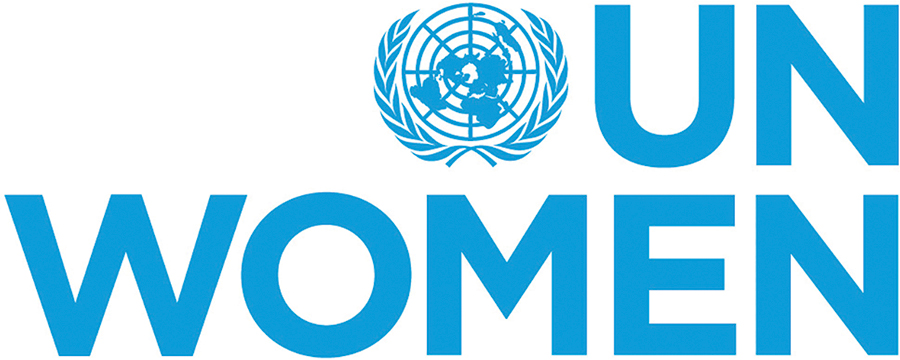gender equality
feature
gender equality
feature
Investments in transport, electricity and piped water can reduce women’s unpaid work, free their time and connect them to health services, jobs and markets with long-term economic benefits. The ILO estimates that in developing countries, limited access to and safety of transportation is the single greatest obstacle to women’s participation in the labour market, reducing it by as much as 16.5 percentage points. Online services and digital infrastructure are also important.

Closing the gaps will require significant financing and better targeting of resources to benefit women and girls. G20 governments can positively reframe their thinking on public expenditures by recognizing the investment character of these fiscal outlays. Targeting resources to gender responsive social protection, public services and sustainable infrastructure is a long-term investment in human and social capital that ultimately contributes to inclusive economic growth by reducing the ‘motherhood and care penalty’ and opening new avenues for women’s employment.
With gender responsive budgeting, budget policies and processes can be assessed and changed to address inequalities between women and men in income assets, decision making power, public service needs and societal responsibilities for care and reproduction. It can also support the targeting of public investments in infrastructure, water and sanitation, safe and accessible transportation and other services to meet the needs of women and girls.
It is critical that G20 countries move ahead to disaggregate these expenditures into physical infrastructure spending that reduces women’s care burden, and social infrastructure spending to improve the productivity of labour. By raising labour productivity, such expenditures raise incomes, and generate tax revenues that in turn can finance provision of high-quality public services and sustainable infrastructure. However, since 2016, the world has seen another major round of contraction in public expenditure in developed and developing countries. In 2018, 124 countries were expected to cut their budgets, eroding essential public services and social protection measures on which millions of women depend.
Resources allocated to social protection, high quality public services and sustainable infrastructure must be seen as investments with both short-term and long-term benefits that help societies and economies to achieve a more prosperous, peaceful and sustainable future, and significantly accelerate the gender-responsive implementation of the 2030 Agenda.
Phumzile Mlambo-Ngcuka is the Executive Director of UN Women.

